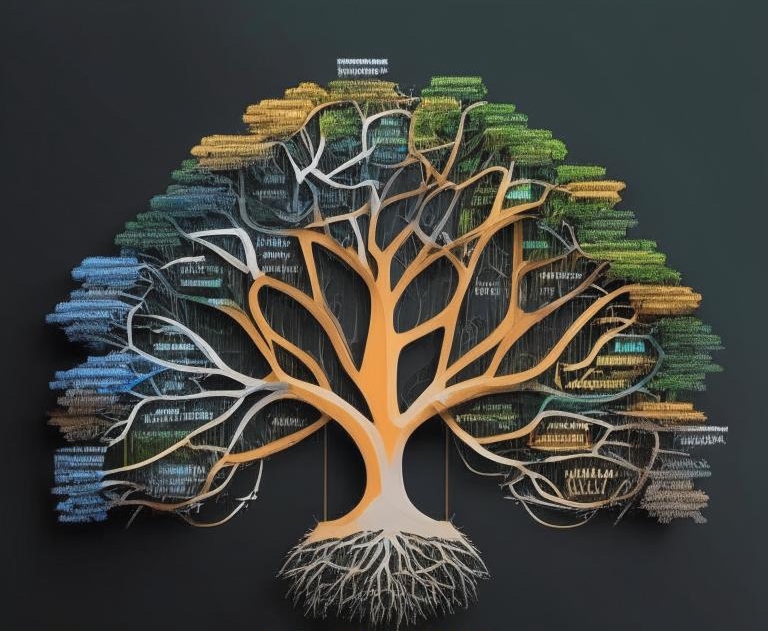Streaming and Multimedia
by Oleg Sovetnik
Let’s explore content management systems and streaming services, such as platforms for streaming video and music and platforms for distributing digital content (e.g., torrents). These systems allow for the management, distribution, and consumption of digital multimedia content online and play a key role in providing access to information, music, video, and other media files.
- Video and music streaming platforms: systems for managing multimedia content and streaming (e.g., Netflix, Spotify, YouTube).
- Digital content distribution platforms: solutions for creating and distributing digital files, media, documents (e.g., torrents).
Possible sociological theories to conceptualize content management systems and streaming services:
- Actor-Network Theory (ANT) (Bruno Latour)
ANT views streaming platforms as complex networks of interactions between various actors—users, content, servers, algorithms, and the platforms themselves. YouTube, for instance, functions as a network where users create content, algorithms curate recommendations, and platforms and equipment provide the infrastructure for distribution.
Through ANT, streaming platforms can be seen as a network of actors, where each element (user, algorithm, content, platform) impacts the system’s operation. The Umwelt describes how a platform “perceives” and organizes interactions between content and the user, offering recommendations and personalized suggestions.
- Structuration Theory (Anthony Giddens)
Structuration Theory emphasizes the mutual influence of structure and actions. On streaming platforms like Netflix and YouTube, user actions (such as video selection) shape algorithms that structure recommendations and change how users interact with the system.
In this context, the Umwelt represents the dynamic relationship between the platform’s structure and user actions. For example, user behavior patterns on YouTube influence algorithms that, in turn, guide further content choices.
- Institutionalization Theory (Paul DiMaggio and Walter Powell)
Streaming and digital file distribution platforms standardize media consumption and distribution. They institutionalize norms of access to information and media files, making these platforms an integral part of everyday life.
The Umwelt reflects how these platforms establish standards for interacting with content—whether through streaming services for consuming video or torrent systems for media distribution. The system “understands” users via preference mechanisms and traffic management regulations.
- Symbolic Interactionism (Herbert Blumer)
Symbolic interactionism helps explain how people engage with content on streaming platforms and digital downloads. Users interpret media content through social and cultural meanings, shaping their identities.
The Umwelt of these platforms illustrates how users interact with content based on their cultural interpretations. Recommendation algorithms or content platform features adapt to these preferences, creating a unique user experience.
For content management systems and streaming services, Actor-Network Theory (ANT) is the most applicable. This theory effectively describes interactions between different system elements, including users, content, technologies, and algorithms. ANT helps understand how the ecosystem’s components are interconnected and how they influence the platform’s overall functionality.
streaming multimedia structuration-theory institutionalization-theory symbolic-interactionism actor-network-theory
